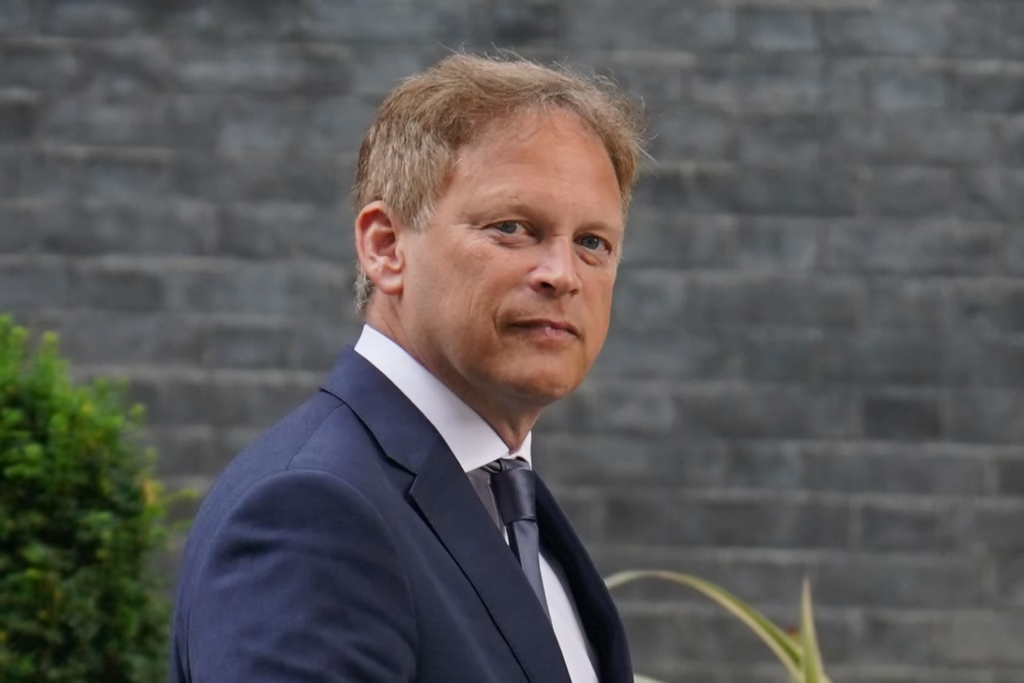seniorspectrumnewspaper – Former Defence Secretary Grant Shapps defended the use of an unprecedented superinjunction to suppress a major data breach involving 18,700 Afghans. The leak exposed personal details of Afghans applying to relocate to the UK under the Afghanistan Response Route (ARR). The ARR was established quickly after a British defence official mistakenly leaked this sensitive information in early 2022.
Read More : Peladn launches first Thunderbolt 5 eGPU dock with top ports
Shapps served as Defence Secretary from August 2023 to July 2024 and was in office when the superinjunction was imposed. Speaking on BBC Radio 4’s Today programme, he emphasized his priority was “sorting out the mess and saving lives.” He explained that the leaked data included names of British special forces and intelligence officers. This raised significant security concerns.
The superinjunction aimed to prevent the publication of details that could endanger those named. Shapps stressed the need for “extreme caution” to avoid putting lives at risk. He said that facing the choice between allowing the leak or protecting lives, he chose the latter. He argued that the injunction was justified because the alternative risked people being pursued, harmed, or killed.
The order remained in place until a high court judge lifted it recently. The judge ruled that the threat to the Afghan applicants was no longer significant. Despite keeping the injunction for nearly a year, Shapps expressed surprise it lasted so long. He believed the secrecy was vital at the time but acknowledged it should not have extended beyond what was necessary.
Parliamentary Inquiry and Government Response Following Data Breach
After the court removed the injunction, Parliament’s Intelligence and Security Committee (ISC) announced it would closely scrutinize the incident. The Commons Defence Select Committee also launched an inquiry into the data breach. ISC chair Kevan Jones, known as Lord Beamish, questioned why officials had not shared relevant intelligence assessments with the committee sooner.
Beamish raised concerns about constitutional issues caused by the delay in sharing sensitive material. He emphasized the committee’s routine role in reviewing classified documents and expressed frustration over the government’s lack of transparency. When asked about these concerns, Shapps agreed that officials should publish the intelligence assessments behind the superinjunction.
Shapps acknowledged the committee’s likely dissatisfaction with the prolonged secrecy. However, he reiterated that the information was too sensitive to release earlier without risking lives. He maintained that his actions prevented serious harm and saved lives during his tenure.
Read More : Google Takes Legal Action Against BadBox 2.0 Botnet Group
After the court lifted the superinjunction, Defence Secretary John Healey publicly apologized on behalf of the government for the data breach. The breach revealed vulnerabilities in the handling of sensitive data, prompting calls for stronger safeguards. Moving forward, pressure mounts on the government to improve data security and restore public trust. In summary, Shapps defended the superinjunction as necessary to protect national security and save lives. Parliamentary committees continue investigating the breach to hold those responsible accountable. This case highlights the complex balance between maintaining transparency and ensuring protection in sensitive government matters.


